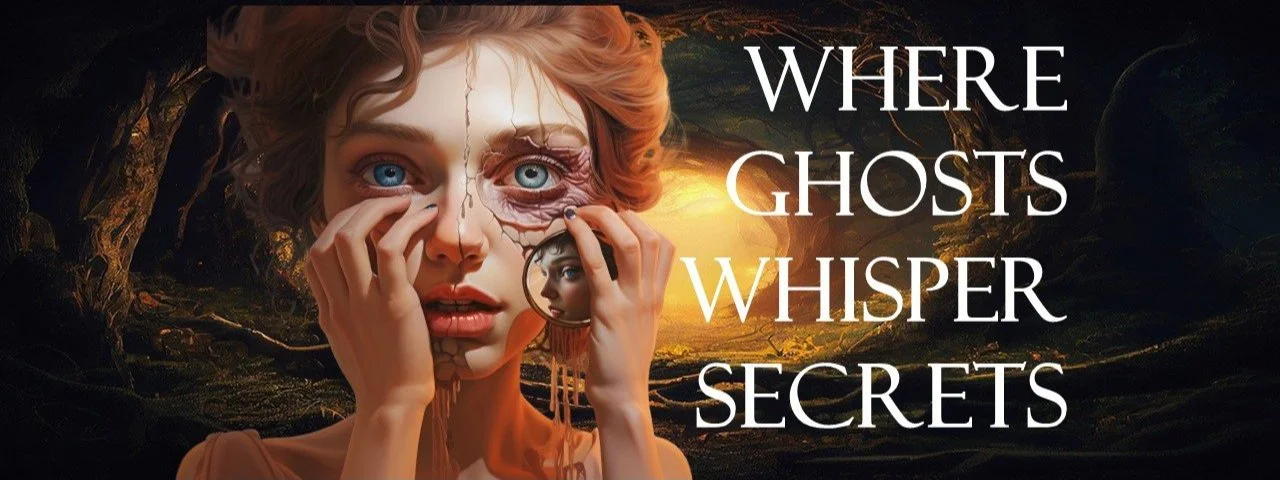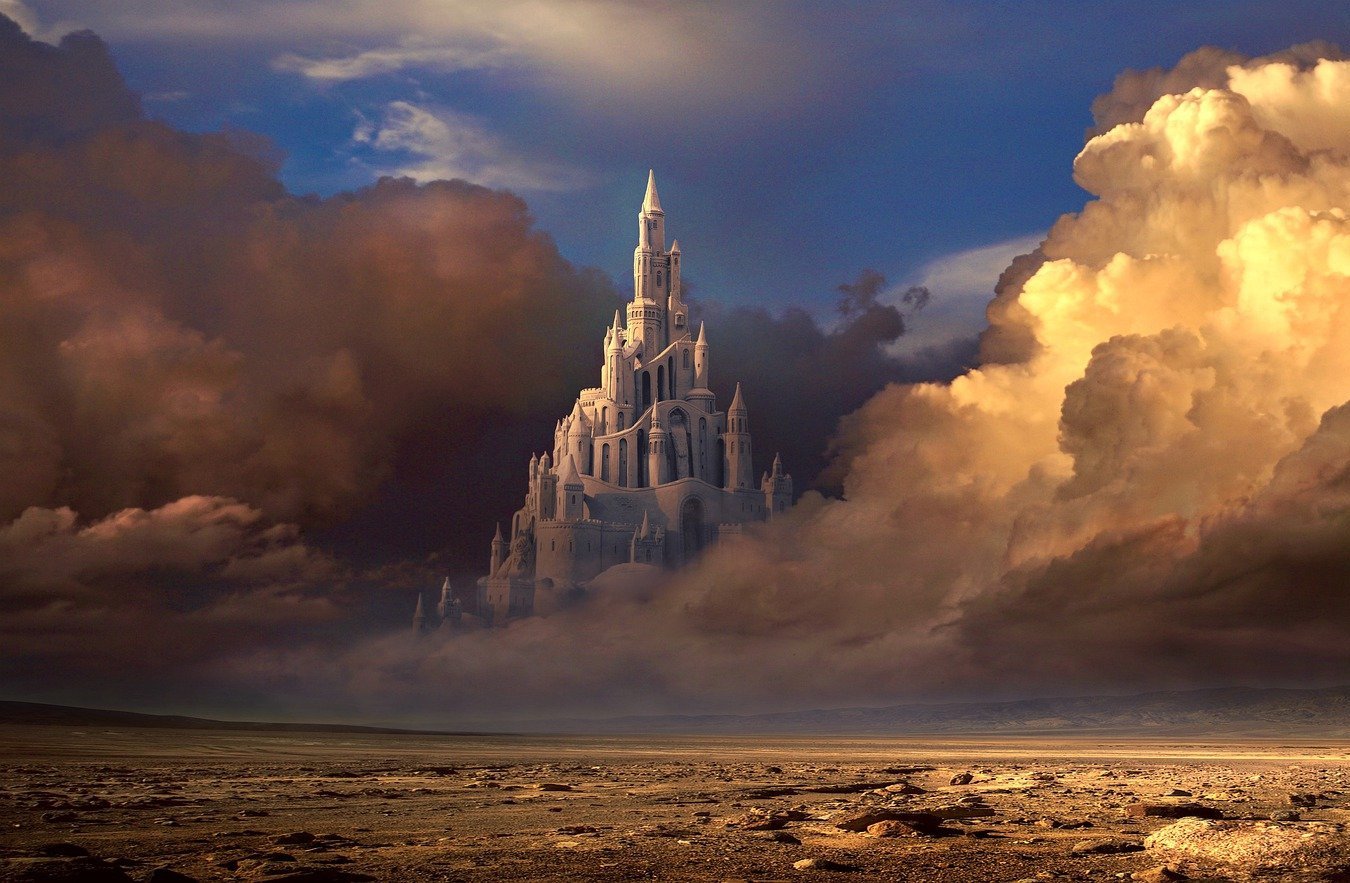Of Epic Fantasy Books
/Of Epic Fantasy Books
December 19, 2021
Introduction: Of Epic Fantasy Books
Before writing an epic fantasy book, or series, it is best for the writer to understand what an epic fantasy tale is, its roots, its history, and its many iterations.
Epic fantasy is a genre of literature that crosses many genres, including high medieval heroic poetry and works from the 19th-century. Epic fantasies are novels that usually take place in a time of conflict or crisis, often a moment of change for society. They typically involve the intervention of fate or gods and often have a magical quality. The term epic fantasy was coined by Lloyd Alexander in a 1971 essay, "High Fantasy and Heroic Romance", which was originally given at the New England Round Table of Children's Librarians in October 1969. Of course, the best-known example of epic fantasy would be Lord of the Rings (1954–55) by J R R Tolkien.
Origins: Where does epic fantasy originate from?
The genre of fantasy literature has changed many times over the years. One notable change to the genre is the introduction of epic fantasy; an umbrella term for fiction set in an imaginary world with a medieval setting, typically involving magic and heroic battles. The origins of this genre can be traced back to pre-Christian Europe, where it was common for religious texts to include fantastical elements.
The history of epic fantasy is not well known, but it appears the earliest examples were written during the Middle Ages. One ancient text contains references to King Arthur and Merlin, which inspired later authors to create similar stories. In the 16th century, Greek mythology began to influence literature with writers like John Claudius Loudon creating what became later called heroic romance. During this same period in Europe, other epics were being published, such as Virgil's Aeneid and Dante Alighieri's Divine Comedy. However, by the 19th century, the popularity and genre had grown so much that Jules Verne wrote From the Earth to the Moon in 1865. Later works like Tolkien's Lord of the Rings would become highly influential for their epic nature.
One of the earliest 20th-century pieces of epic fantasy was the novel, "The Worm Ouroboros" by Eric R. James explores the origins of all life on Earth. This epic fantasy tale is set in a medieval world with dragons, giants, and magic. The protagonist, Ayesha, is the daughter of the Kyklops who rules over Earth. She learns that her father plotted to destroy all life on Earth with an unnamed worm that he found many years ago. Upon discovering the truth behind her parents' actions, she travels across dimensions, battling giant worms who serve her enemies, while trying to find out exactly what happened to mankind.
James's story is told within the context of a fictional world, it still contains Christian themes. Many more examples exist of pre-20th century authors writing fantastic stories set in medieval settings. These tales are some first-ever examples of the genre we know today.
Other early 20th-century writers like J. R. R. Tolkien and C. S. Lewis are best known for making the epic fantasy popular. The Chronicles of Narnia, written by Lewis, are books filled with magical creatures from other worlds and are sometimes referred to as a “fairy tale. ” But such a term cannot be used for Tolkien's Lord of the Rings, which deals with many dark themes and is often considered to be one of the most influential fantasy novels. Tolkien, who also wrote The Hobbit, sets his works in a fictional world called Middle Earth. It has several kingdoms and cities that are governed by different leaders or rulers. Each of these kingdoms has its own language, culture, traditions, history, people, and customs that set them apart from each other. These differences make up the setting for his stories.
The late twentieth century saw an increase in popularity for speculative fiction due to its ability to explore new genres not previously seen by literature. Examples include the Harry Potter series by J. K. Rowling, whose work combines elements of both mythic fantasy and science fiction. This book series was published between 1997 and 2007 and centers on the adventures of young wizard James "Harry" Potter, who lives at number four Privet Drive with his Muggle (non-magical) family. He attends Hogwarts School of Witchcraft and Wizardry, where he meets a group of fellow students, including Ron Weasley and Hermione Granger. They learn about magic, fighting, defense against evil forces, and much more while they try to solve various mysteries involving their school and the past.
Tolkien's novels have been praised as wonderfully written and deep. He created a complete world with its own languages, cultures, and histories. Tolkien has been credited for creating the idea of cosmic fantasy, which mixes elements from human tales with those from fairy tales. Some say that his characters are less developed than Rowling's, although some mention that his protagonists are more like nobility or gods than mere mortals. In addition, critics sometimes state that his writing is highly technical and that it can be difficult to understand without prior background knowledge concerning medieval English history, mythology, and Christianity, among others. However, fans of these works often enjoy them despite this criticism.
Types of stories: Types of Epic Fantasy Stories
Epic fantasy is a subgenre of fantasy that often takes place in an imaginary world with magical elements. It typically features multiple main characters, an extensive world-building that can span entire universes, and a powerful plot. Epic fantasy may sometimes include elements of other genres, such as science fiction or romance. The term “epic” refers to the sweeping nature of the story, and it is also used to describe the lengthiness of the work. For example, an epic poem would be much longer than any short story. Another characteristic of epic fantasies is their large-scale scope – they usually feature large armies and kingdoms and cover many generations of time. This allows them to explore complex themes in depth.
Unlike most fantasy novels, the plotlines of epic fantasy generally revolve around a conflict between two opposing groups (often referred to as "chosen" and "non-chosen"). The chosen group tends to have a strong moral code, while the non-chosen group has no clear good or evil. The conflict between the two groups leads to increased tension throughout the series until one side finally triumphs. Although there are many different types of epic fantasies, some common plot lines include: “the hero must overcome great challenges to save the land from disaster; the heroine uncovers dark secrets about her family; the king falls for the princess who was betrothed to someone else; the sacred bond between a prince and his animal companion breaks down when he loses faith in its power”. These plots tend to focus on hope, love, and loss. However, at least one study suggests that the genre has shifted towards belonging and social identity.
What did I write an epic fantasy book?
I am often asked - why did I write an epic fantasy? As I've regularly answered - because I had a story to tell.
Just the other day, I decided to go back and read certain sections of my first book, From Under a Tree. I couldn't believe it. I was reading the book I had written, and it came alive in front of me. The characters were so beautiful, to me, so real. I could see them walking in the story. The world they live in was so vibrant and alive, so different from any place I had ever read before. It was like nothing I had ever read before, like something out of a dream. And then I realized what I'd done - I had been successful in creating my own little world. Everything in it was unique, but still very relatable because in many ways it is similar to our world. At that moment, I knew that this wasn't going to be a typical epic fantasy because I could feel it all around me. This is where I belong.
Even though I have enjoyed writing an epic fantasy, it is time for me to move on, to other stories I need to tell.
Conclusion: Why have epic fantasy books have been so popular?
The answer is because they provide a safe space for readers and writers to explore ideas about what it means to be human. They also can be fun, adventurous adventures with satisfying endings. Epic fantasy provides us with places we can escape, allowing us to explore worlds without worrying if we will come home again. We can find ourselves becoming heroes or villains who are either bad or good. These themes are just as valid today as when J. R. Tolkien wrote Lord of the Rings in 1954. So why not read a new one?
Here are some helpful links:
Top 50 Best Epic Fantasy
Best High / Epic Fantasy Books
15 Epic Fantasies That Stick the Landing




